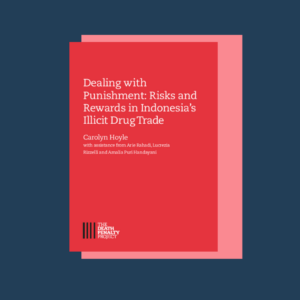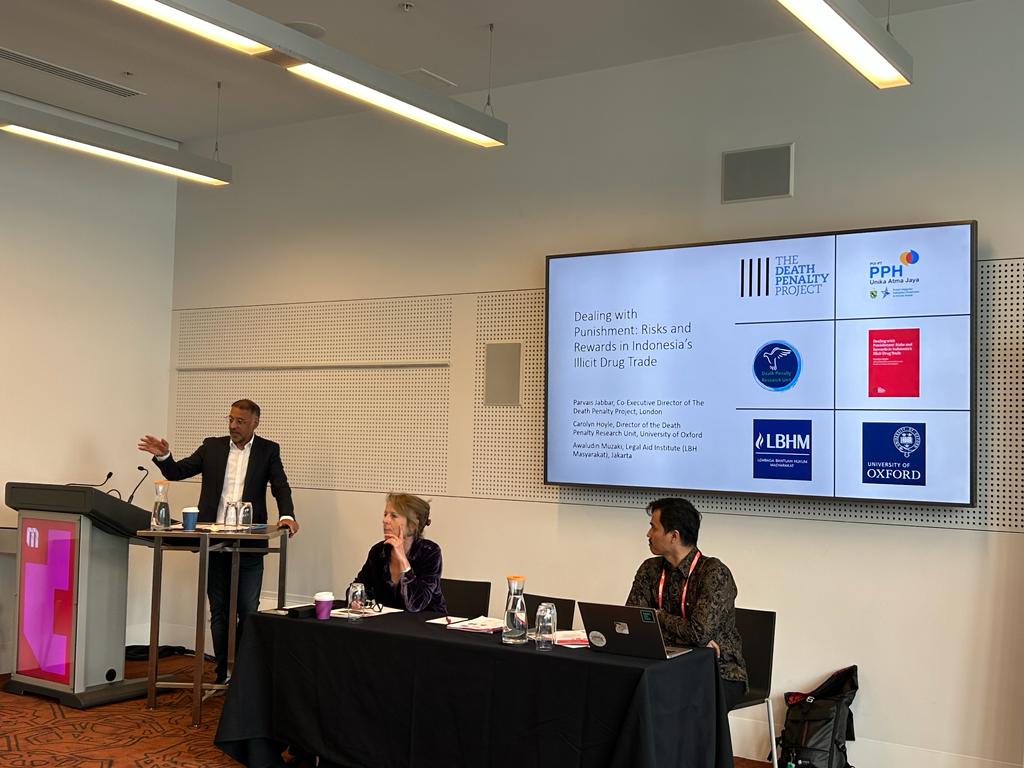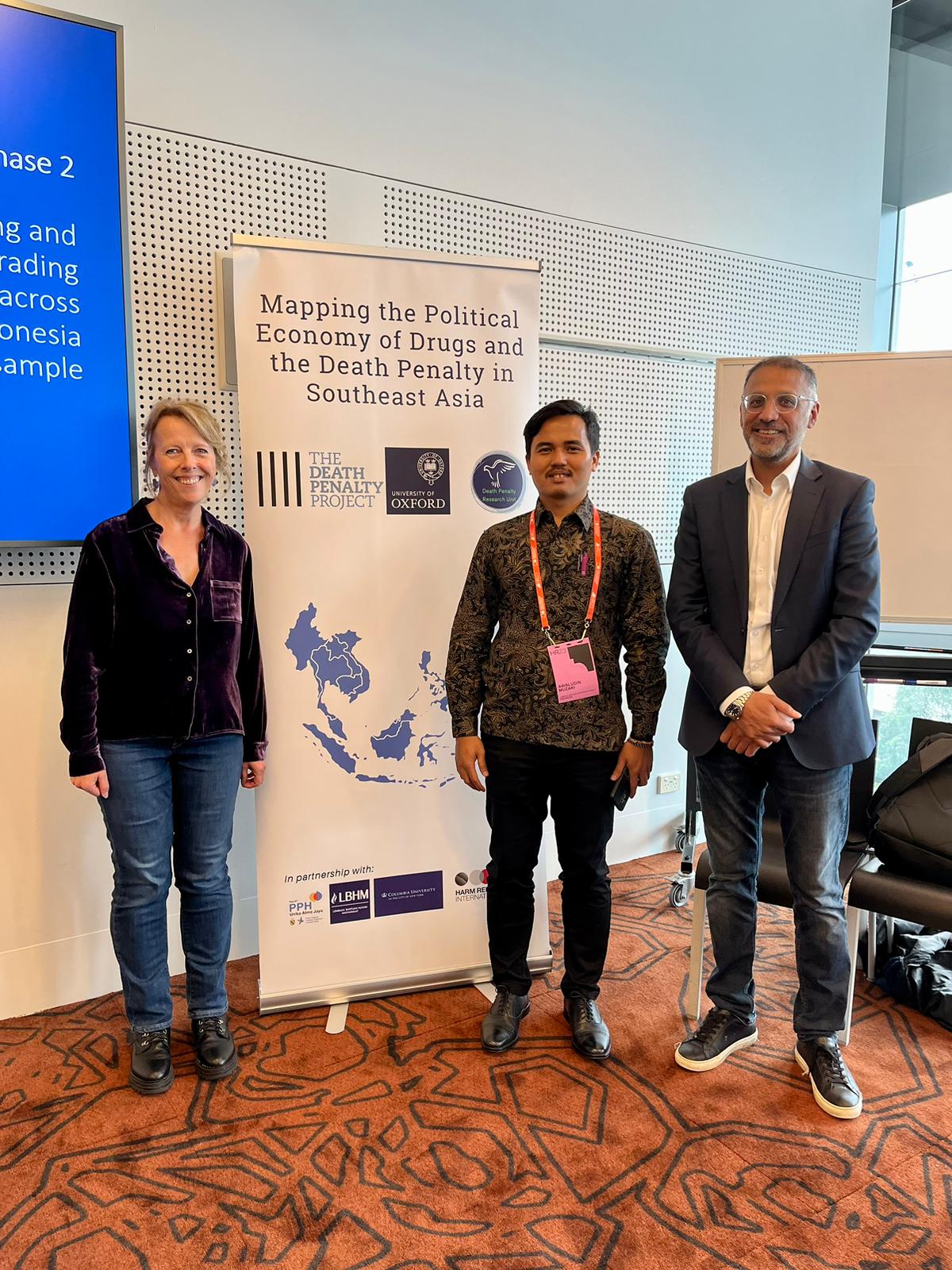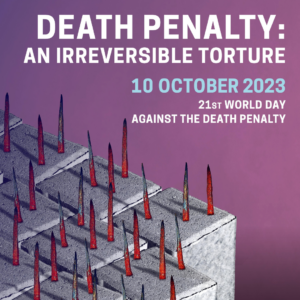
New research exploring the motivations and pathways to committing drug crime in Indonesia
- News
- 19 Apr 2023
Today, we have launched new research exploring the motivations and pathways of individuals to committing drug related crime in Indonesia.
Our latest study, in partnership with LBH Masyarakat (Community Legal Aid Institute), ‘Dealing with Punishment: Risks and Rewards in Indonesia’s Illicit Drug Trade’ is a first stage of a wider research programme which aims to thoroughly test the assumption that harsh punishments deter drug offenders. We commissioned the Death Penalty Research Unit (DPRU) in association with Atma Jaya Catholic University on Indonesia (AJCU) to conduct the research on prisoners from a prison in Jakarta, all convicted for drug offences, to build empirical knowledge on who is being convicted for drug offences and uncover the factors that have influenced their motivations and decision making.
Key findings:
- The majority convicted for drug related crimes were not well educated; more than half (57%) had not completed high school
- Most were not in stable or well-paying jobs and just less than half (47%) were unemployed
- The majority were making money from the illicit drug trade, not from lawful employment
- Most had used drugs before their arrest, with many preceding into drug couriering, selling, or trafficking
- Almost all were financially motivated – most needed money for basics and their dependents
- Many were experienced in the illicit drug trade:
- A quarter had been involved in some form – mainly in relatively minor roles
- Almost half had prior convictions
- Almost a quarter had been convicted of the same offence at least once
Our key findings also imply that the rationale of deterrence may be flawed. Deterrence theory does not seem to be supported by the decisions of our participants to commit offences. Most prisoners interviewed were fully aware of the risks and the majority were worried about going to prison. Our findings reveal that most has reasonable and rational financial reasons for committing drug offences, choosing to commit drug related crimes for a better life for themselves and their families.
To date, the majority of empirical research on the deterrence effect of the death penalty has mainly, although not exclusively, been conducted in the United States where capital punishment is only applied for aggravated homicide. There are currently no robust deterrence studies on drugs and the death penalty known to be undertaken in Indonesia or elsewhere. This important study, therefore, sets the stage for our larger body of research which is likely to provide information on those who have played a more prominent role in organised drug crime, and insight into the deterrence effect of harsh punishment, such as the death penalty, in these cases.
Find out more about our study in our briefing note or download the report here.
This study was launched at the Harm Reduction International Conference 2023, Melbourne Australia, 19 April 2023. Our launch panel included: our Co-Executive Director Parvais Jabbar, Director of DPRU Carolyn Hoyle and LBH Masyarakat’s Awaludin Muzaki.






















